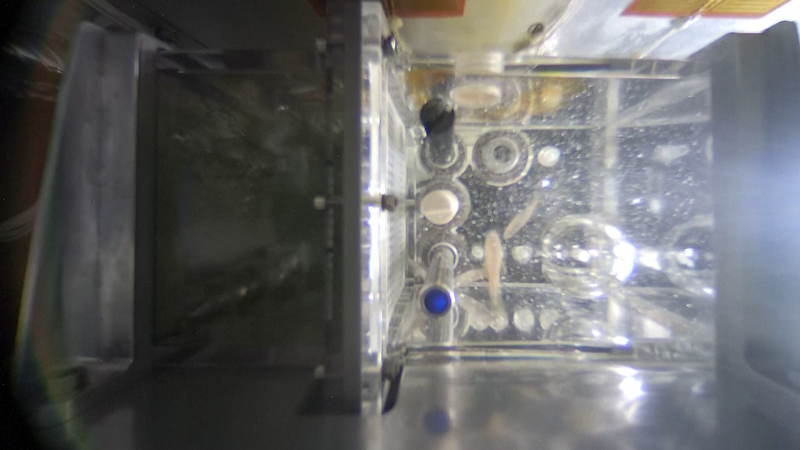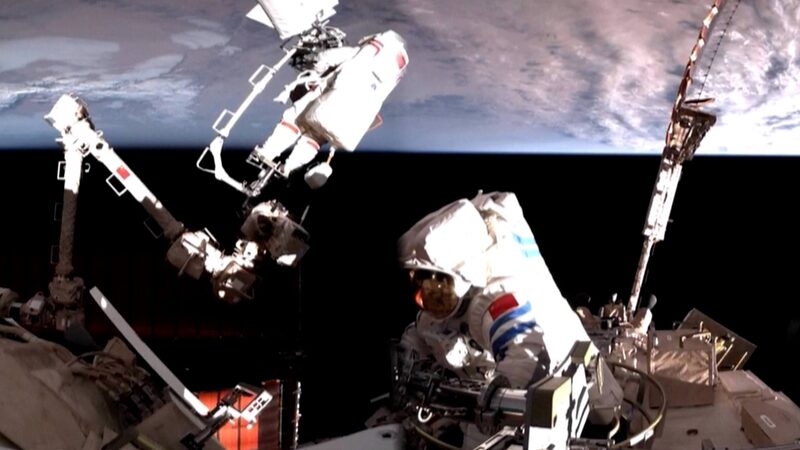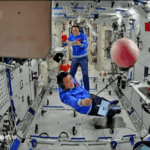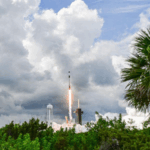Hold onto your lab goggles, science fans! China’s Shenzhou-20 astronauts are kicking off three groundbreaking life science experiments aboard the Tiangong Space Station. The mission? To study how zebrafish, planarians (aka ‘immortal’ flatworms!), and streptomyces bacteria behave in zero-gravity – and what that means for future humans in space 🪐.
Announced by the China Manned Space Agency (CMSA), this cosmic research could unlock secrets about bone loss, tissue regeneration, and even antibiotic production. Zebrafish, which share 70% of human genes, will help scientists explore bone density challenges. Planarians, known for regenerating body parts, might reveal how microgravity affects healing. Meanwhile, streptomyces – bacteria used in medicine – could adapt in wild new ways up there 🧫!
The experiments are part of China’s push to advance space biology, with collaborations from researchers in the Chinese mainland, Hong Kong, and Macao. A CMSA spokesperson said, 'These studies aren’t just for textbooks – they’re stepping stones for long-term space exploration and improving life on Earth.' 🌱
For students and science buffs: Imagine if flatworms hold the key to healing astronauts on Mars? The future’s looking interstellar!
Reference(s):
China's Shenzhou-20 crew to conduct three new life science experiments
cgtn.com





